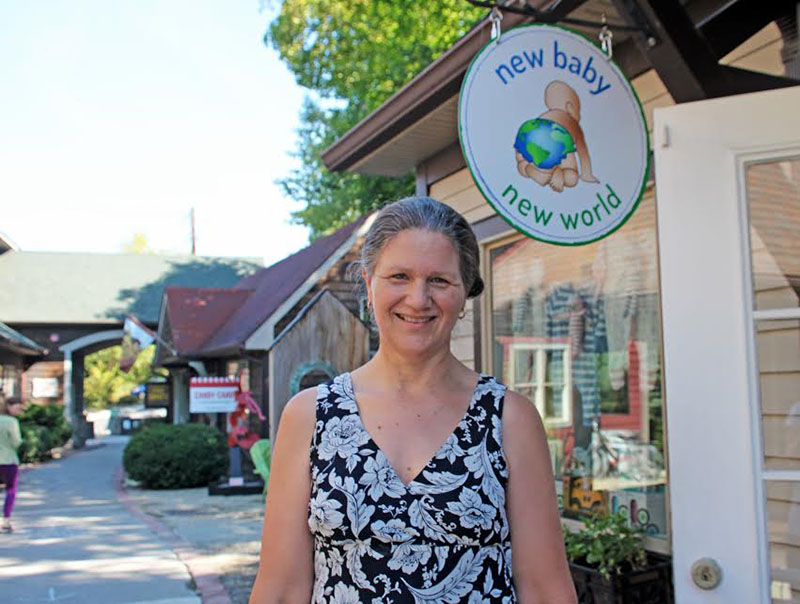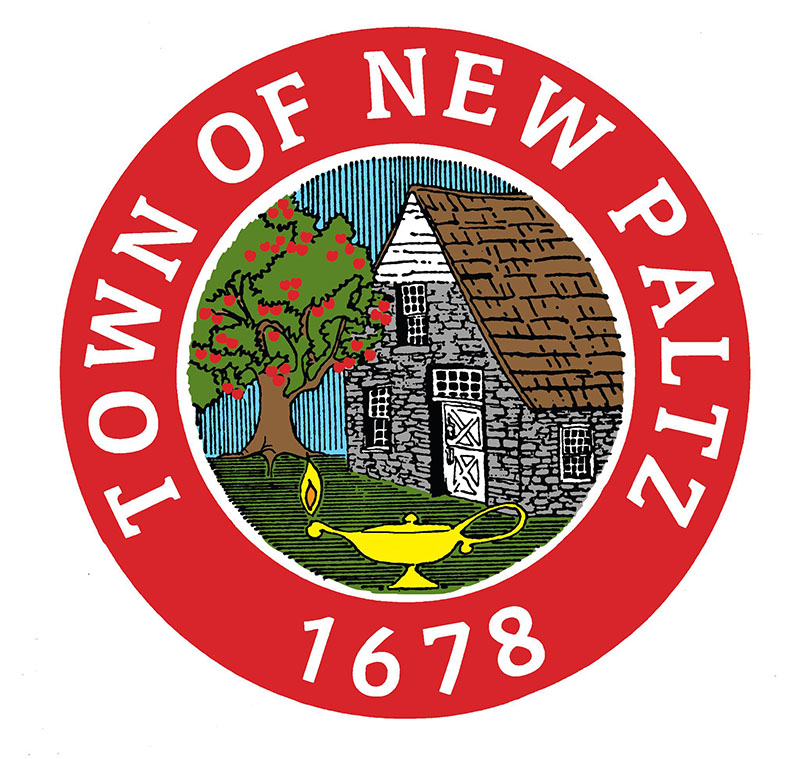Students of Lisa Phillips’ fall 2015 Literature of Journalism class were asked to interview everyday working people about their jobs, and frame the first-person commentaries in the style of Studs Terkel’s book “Working, People Talk About What They Do All Day and How They Feel About What They Do.” Subjects include an emergency medical technician, a hairdresser, a breastfeeding consultant and a local business owner.

By Holly Lipka
For 18 years, Donna Bruschi, mother of three, has been an advocate, educator and coach for breastfeeding mothers. She speaks now about her experience as a mother and advocate for breastfeeding:
“It’s so hard. Being a mother of a newborn is so hard. I don’t want to see people suffer, but sometimes people have to suffer. Through the deep pain that you’re feeling, you think about things in a different way. It’s only when you’re really down, that you understand how strong you are. You are able to see the way that right way.
My son had a horrible time learning how to breastfeed, and I always remember that. That feeling of being alone. That feeling like I couldn’t help and I didn’t know how to help him. I started looking for answers, joined La Leche League and kept going to meetings. They asked if I wanted to become a leader, where I would get my training and would be able to start helping women with breastfeeding problems. Over the course of time I got more expertise and kept taking education classes.
I learned breastfeeding is vital for babies. It nurtures them in a way that cannot be done any differently. It sets up a healthy immune system, sets the jaw for proper food feeding, sets up the mouth for proper speech, reduces all cancers in the infants and also for the mothers. It lowers incidences of heart attacks and diabetes. All because a mother is breastfeeding. That’s kind of cool right? (smiles). It’s not just for the baby. It’s for both of them.
There’s a beginning, a middle and an end when helping the mothers. You can help a mother who is in this really awful place understand that right now it’s awful, but there’s an end. It’s not going be like this forever. I can look at it in a long view; she can’t. She’s right in the middle of the problem. That’s the most valuable service I can offer moms.
In the beginning weeks, most women are afraid they don’t have enough milk, it’s not that they don’t, more than 90 percent do, but because of that fear, they start to go down the spiral of not making enough milk because they’re not breastfeeding enough. They’ll finish a feeding with a bottle of supplemental milk, giving the babies more than half the calories they need only because they’re afraid. Sometimes mothers are in pure terror, and part of my training is I have to be solid and allow them to be afraid without being afraid myself. I have to let whatever happens happen. If I get scared that they’re going to cry, then they get scared. It’s been a process of learning how to help people without getting in their way. You just want to support them while their suffering, so they can move through it and start to solve the problem themselves.
Mothers sometimes don’t have good positioning so breastfeeding their baby hurts. When you have the baby properly positioned, which really takes just a few minutes to get them all lined up, it doesn’t hurt anymore.
The moms also get exhausted and kind of over- tired. They start crying because everything is a challenge. There’s nothing really wrong, they’re just not getting enough sleep.
Most women cry. At some point they cry. It’s a given. They cry in frustration, because it’s not going well and then they’ll cry because they have finally found relief. They’re breastfeeding and it doesn’t hurt or they understand what the problem is so they have an answer and cry in relief.
The overall experience is all very emotional but there’s something about helping woman who is feeling really overwhelmed, who is scared she’s not going to be able to make milk for her baby, who’s scared that her body is not working right and to just bring her through that incredibly horribly place, into a place where she is confident. Where her baby is thriving and healthy.
A woman came to me when her baby was two months old and at that time, she had breastfed longer than anyone else in her family. She came to me to learn how to wean. She wanted to wean her baby gradually and she was ready. I told her how to do it, decrease feedings gradually and if the baby is fussy just feed them again and keep going. She came back after a month and said weaning was not going well but she’s still trying. I told her she knows her baby and to do what felt right to her. She ended up nursing her baby until he was three years old. As she was seeing her baby grow and thrive, it didn’t matter so much what her family said anymore. She became so independently strong through breastfeeding and that’s what I really love.
Women are told, ‘don’t ask for help.’ ‘Be a good girl, be quiet, suffer.’ ‘You know you can do it yourself, be strong on your own.’ These are the messages we give our girls and it doesn’t serve anyone. Women are supposed to be in a community. We are meant to help each other. We are meant to touch each other. It feels good when you’re touched by another person and it’s a safe touch, then your body relaxes, produces endorphins and oxytocin and you feel like you’re in love. That’s the place where all healing takes place. Eye to eye, skin to skin, mother to child.
There was always a part of me that cares about other people. Seeing that transformation from feeling so afraid to being so confident makes my work wonderful. That’s why I do it.”
Visit the other profiles in the series:
In At Work: Serina Bass Constructs Hairstyles with Panache, Jack O’Brien spoke with hairdresser Serina Bass about fulfilling her lifelong career dream and her day-to-day experiences with her clientele.
In At Work: Mahtik Calhoun, Emergency Medical Technician, Caitlin Marinaccio spoke with EMT Mahtik Calhoun about a particularly gruesome situation that will stick with him forever.
In At Work: Isabella Chisena Curates an Enchanting Collection, Catherine Rubino spoke with shop owner Isabella Chisena about her family’s entrepreneurial background, as well as her journey from selling jewelry at flea markets to owning her own store.
